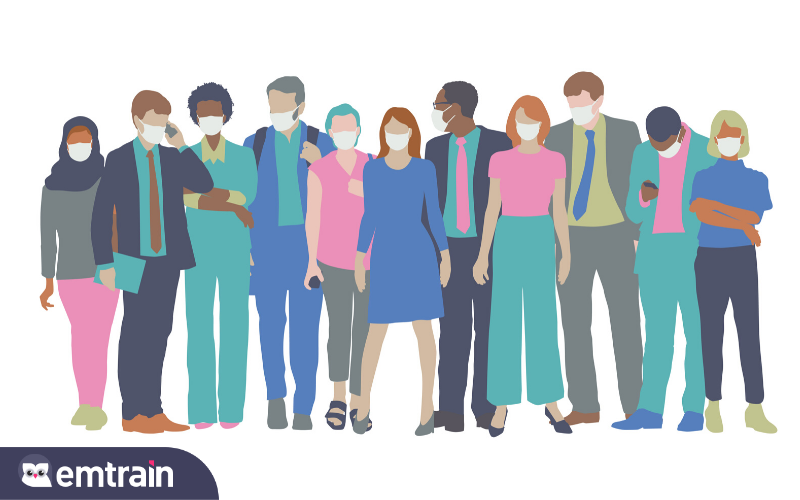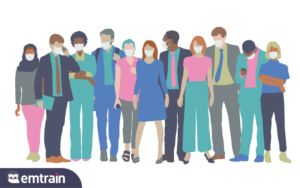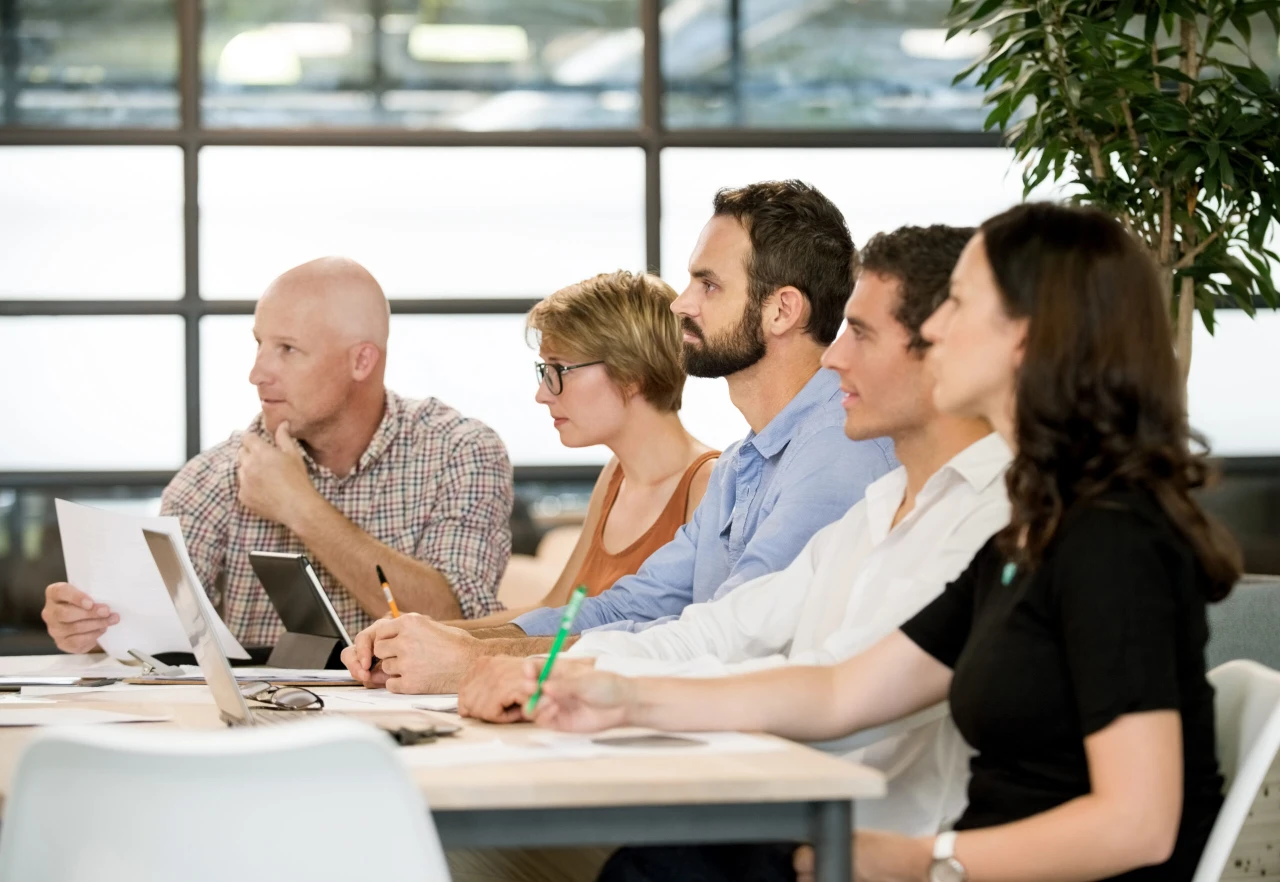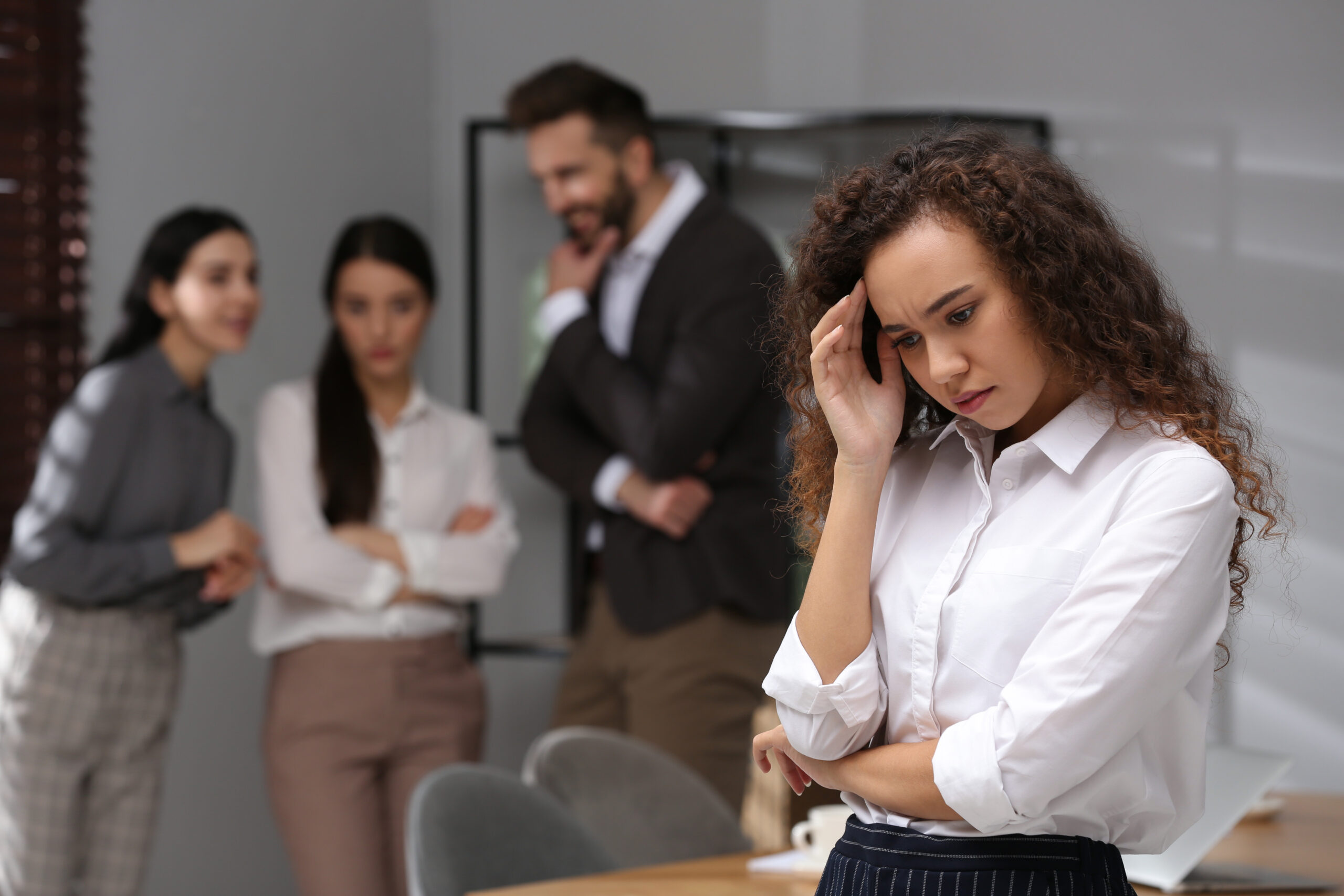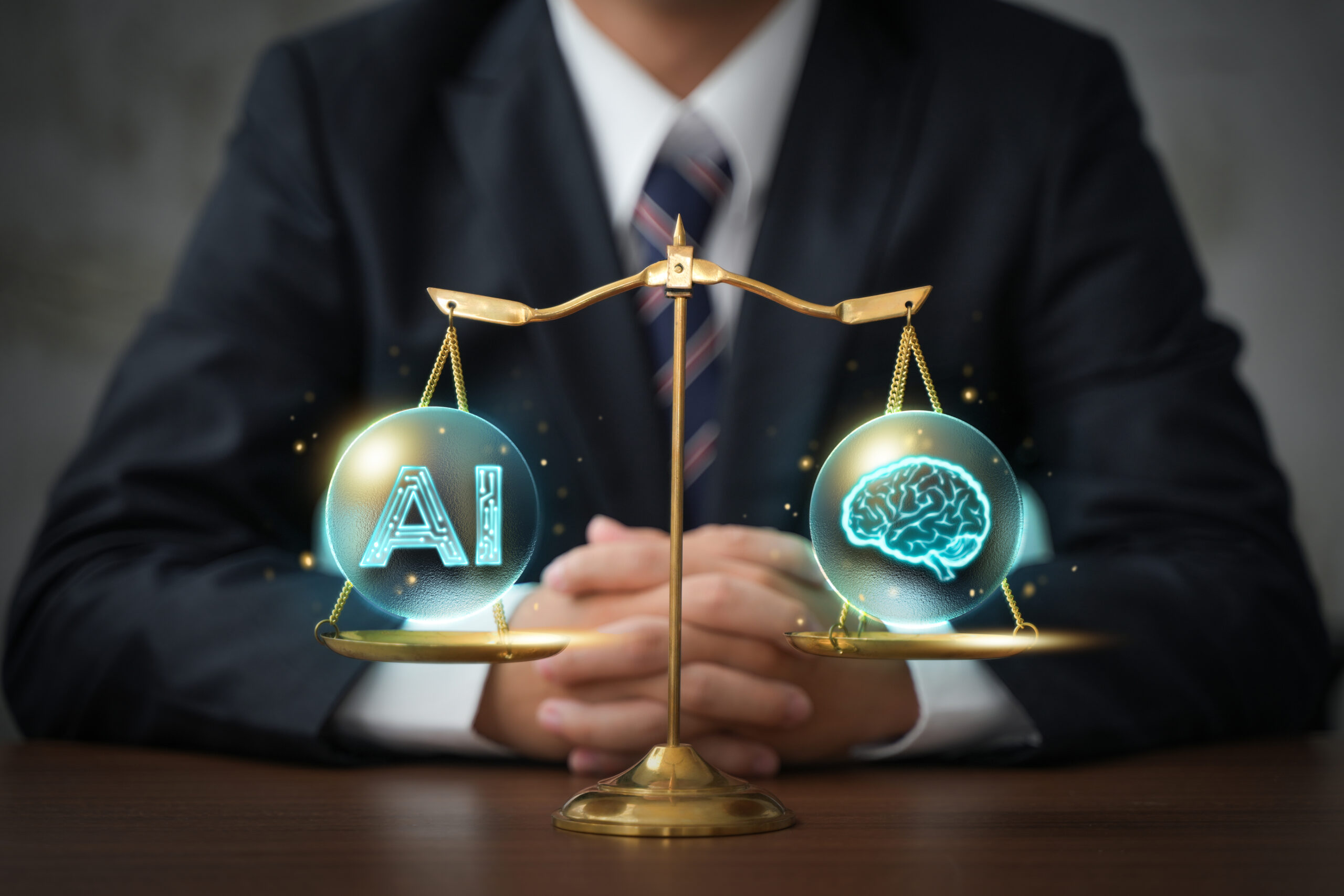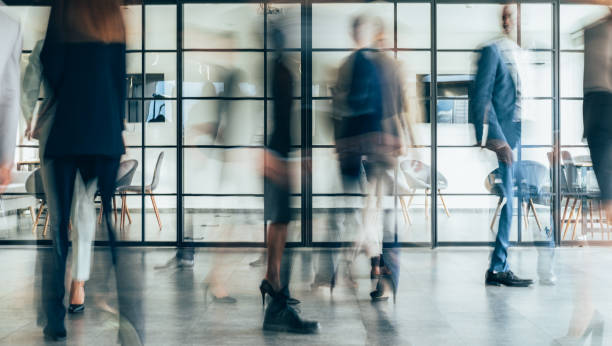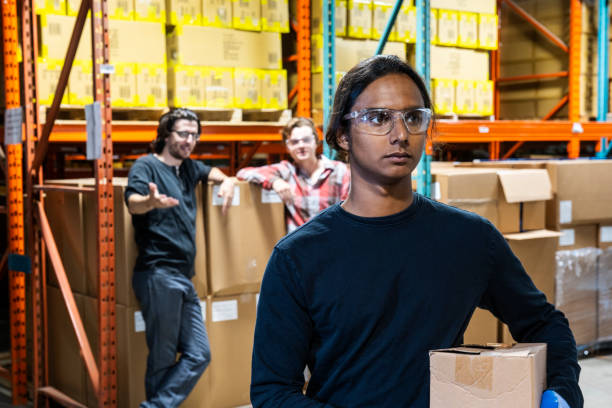In late 2019, the human population began to experience its latest pandemic: a novel coronavirus called COVID-19. While the ravaging disease challenges epidemiologists, doctors, government leaders, and those who have become ill, and disrupts our economy and way of doing business, it also leaves many people on the sidelines, trying to make sense of it all. As humans, we’re prone to us vs. them thinking, particularly in times of stress. In some cases, the frightening situation has brought out biased and discriminatory behaviors. In other cases, our unconscious bias has led us to make assumptions about others that we may not even realize are demeaning. Here are some things we should do to be socially aware of as we navigate the public health crisis.
Why we can’t call it the “Chinese virus”
Indeed, scientists have often named diseases based upon their origin (consider MERS: Middle East Respiratory Syndrome, West Nile Virus, Lyme disease (a town in Connecticut), Spanish Flu). History has shown this nomenclature can stigmatize the origin location, and scientists have become more aware of ethical responsibility when naming a disease. In addition, the origin becomes less relevant as a disease spreads across populations, crossing continents to become a pandemic.
Today with COVID-19, there is a widespread and well-documented increase in hate speech and hate crimes against Asian Americans. By calling COVID-19 the “Chinese virus,” we place unfounded blame on a population that experienced the outbreak first. We have clear evidence that the virus is not more predominant amongst any race, and that it has spread because of our interconnected global society and economy. To help ensure we don’t incite irrational bullying behavior, it is most appropriate to refer to the disease as COVID-19.
What it means to wear a mask
As we’re learning, masks that cover your nose and mouth are a key tool in the fight against airborne or droplet transmitted disease. It may take some adjustment to get used to wearing masks, and to seeing others wear masks as part of their everyday life.
For people who have eyesight, scanning someone’s face helps develop a quick assessment of that person, seeing if we recognize them, what we can glean from their expression, and observing their features. When people hide part of their face with a mask, they may seem suspicious, because that quick scan no longer provides as much information.
People in dense populations in countries around the world, most notably Asia, have become accustomed to wearing masks. It is normal for those who are sick to wear masks to protect others—they’ve developed an advanced, scientifically-supported, culturally-normal habit that helps create better health outcomes. It’s time for us to develop this good habit too: not just to protect ourselves, but to protect those more vulnerable.
Since wearing a mask is not the norm for most people living in America, it may take a while to get used to seeing people in masks. My guess is that people will adapt quickly. If you’re not convinced, just think how strange it must have been when the first people wore sunglasses, and how common and fashionable sunglasses have become. We can hope masks do too, as they may become a longer-term addition to our wardrobes.
In the meantime, masks present additional risks to communities of color. There are reports of Black men being profiled or detained by police while wearing protective face masks, leading Democratic lawmakers to urge federal law enforcement agencies to provide anti-bias training and guidance to ensure fair treatment of communities of color.
In the early days of the COVID-19 pandemic, it appeared that the disease predominantly impacted the elderly and those with asthma and respiratory illnesses. (That hopeful assumption has since been proven to be wrong. Anyone can get coronavirus, and those who have recovered from it call it “the Beast” because it’s a horrible experience). Protecting those most vulnerable is still a top priority, and we can do our part by wearing masks.
The added strain for those who are highly vulnerable
Those who are most vulnerable bear an additional psychological strain. There’s a natural reaction of fear and anxiety, worrying about contracting the virus, and second-guessing everything from touching a handrail to those people who accidentally step within a 6’ range. Added to this strain is the change in circumstances from having to shelter in place. Many people have lost their in-person support system, have had to change up a well-crafted daily routine that helps manage their pre-existing conditions. Also, there are complicated logistics like having someone else do the shopping or shifting to mail-order supplies, and patchy internet making online doctor visits frustrating and stressful. The psychological strain extends to others who are caring for or otherwise supporting the vulnerable; for example, people taking care of their elderly parents, or supporting a family member who has an auto-immune weakness, which means people in good health may also be experiencing anxiety.
People are treated differently and unfairly
The racial and social divide in America is being exacerbated by COVID-19. African American and Latinx populations are bearing the brunt of infections, deaths, and, over time, we’re likely to see them take the brunt of the economic fallout too. As of this publication date, it is estimated that:
- African Americans are up to 340% more likely to lose their lives to coronavirus
- The Latinx population is 27% of deaths in hotspots but 18% of population
- The Latinx population 49% have experienced job losses and cuts and have $500 or less in savings
It appears that, for a variety of multi-generational systemic reasons, Black Americans will be hit the hardest. Inequities in health care access, economic instability, and education (including access to technology) are highly problematic. Because of a segregationist history, Blacks have had good reason to be less trusting of government and health systems and derive less support from them. Higher levels of disease (diabetes, heart, asthma) and less beneficial housing systems (living in more polluted areas, or in smaller homes less suitable for self-isolation) will make coronavirus infections high and recovery rates low.
While many companies try to operate in a meritocracy, company leaders need to understand that some employees of color are “first generation” and will have a broader set of concerns and needs. First-generation Americans, first-generation college graduates, and first-generation corporate workers may be supporting family members — parents, siblings, cousins — who have not had the same opportunities and are in dire need of financial and emotional support.
Do your part, have empathy for others during a public health crisis
As we navigate the public health crisis, it is important that we ‘do our part.’ Stay home to the extent possible, be diligent about keeping our physical distance of 6’ or more, wear our masks when we’re out. But we also need to employ our superpower: empathy. We need to put ourselves in the shoes of others and have empathy for:
- those who are sick
- those who have recovered
- those who have lost someone to the virus
- those who are more vulnerable because of pre-existing conditions or age
- those who are more vulnerable because of systemic injustices
- those who have lost their jobs or their business
- those who are at risk of bias and discrimination
Having a wider lens of social awareness and empathy reminds us that we are all in this together, and we have an opportunity to emerge from this crisis stronger and more connected.
